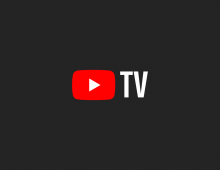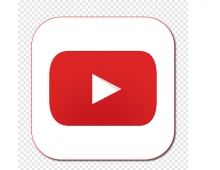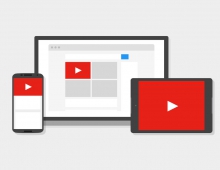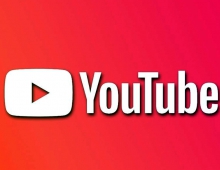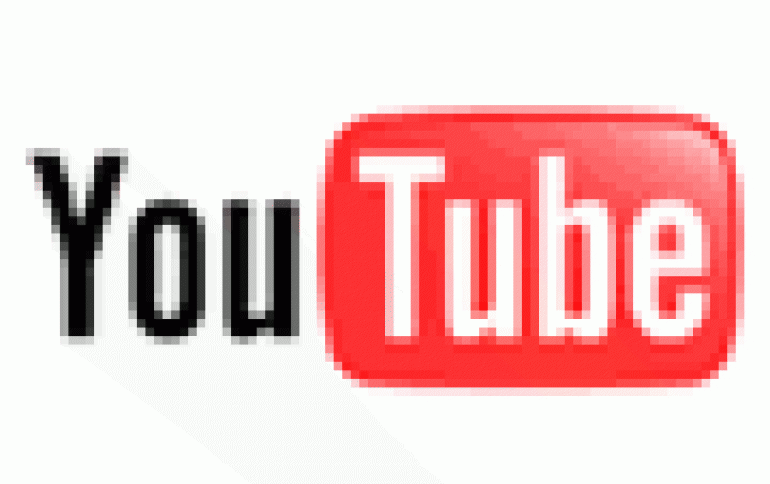
YouTube Launches Video Piracy Blocker
YouTube on Monday put in place software to block the posting of pirated videos and appease content owners that accuse the popular website of being a willing accomplice to copyright abuses.
YouTube Video Identification is billed as an anti-piracy platform custom built with the help of Google, which bought YouTube last year in a 1.65 billion dollar stock deal.
Since the purchase, Google has been under fire from video owners including entertainment giant Viacom and the English soccer league for not doing more to stop users from posting copyrighted clips at the website.
YouTube maintains it is adhering to US law by taking down copyrighted material when owners complain but has been under pressure to more vigilantly thwart the transgressions.
New York City-based Viacom has a pending billion-dollar lawsuit against YouTube for not blocking pirated videos from the website.
YouTube Video Identification software put into use at the website is a test, or beta, version that the Northern California company plans to hone.
"We expect to hit unforeseen bumps and bottlenecks as we refine, improve, and scale the system to meet everyone's needs," YouTube product manager David King and partner development manager Glenn Brown said in a posting at the company's website.
The system allows copyright holders to automatically identify their content at YouTube then block or promote the videos, or join forces with YouTube to make revenue with advertising.
"We have worked with Google to develop one-of-a-kind technology that can recognize videos based on a variety of factors," King and Brown said in the joint posting.
"Video Identification is brand-new, cutting-edge stuff. Early tests with content companies have shown very promising results."
In order to get material protected at YouTube the owners of copyrights must provide enough information from videos for digital "fingerprints" to check against postings by users.
"No matter how accurate the tools get, it is important to remember that no technology can tell legal from infringing material without the cooperation of the content owners themselves," Brown and King said in the posting.
"The best we can do is cooperate with copyright holders to identify videos that include their content and offer them choices about sharing that content."
It remains to be seen whether video copyright owners will be satisfied with YouTube's antidote for piracy.
Since the purchase, Google has been under fire from video owners including entertainment giant Viacom and the English soccer league for not doing more to stop users from posting copyrighted clips at the website.
YouTube maintains it is adhering to US law by taking down copyrighted material when owners complain but has been under pressure to more vigilantly thwart the transgressions.
New York City-based Viacom has a pending billion-dollar lawsuit against YouTube for not blocking pirated videos from the website.
YouTube Video Identification software put into use at the website is a test, or beta, version that the Northern California company plans to hone.
"We expect to hit unforeseen bumps and bottlenecks as we refine, improve, and scale the system to meet everyone's needs," YouTube product manager David King and partner development manager Glenn Brown said in a posting at the company's website.
The system allows copyright holders to automatically identify their content at YouTube then block or promote the videos, or join forces with YouTube to make revenue with advertising.
"We have worked with Google to develop one-of-a-kind technology that can recognize videos based on a variety of factors," King and Brown said in the joint posting.
"Video Identification is brand-new, cutting-edge stuff. Early tests with content companies have shown very promising results."
In order to get material protected at YouTube the owners of copyrights must provide enough information from videos for digital "fingerprints" to check against postings by users.
"No matter how accurate the tools get, it is important to remember that no technology can tell legal from infringing material without the cooperation of the content owners themselves," Brown and King said in the posting.
"The best we can do is cooperate with copyright holders to identify videos that include their content and offer them choices about sharing that content."
It remains to be seen whether video copyright owners will be satisfied with YouTube's antidote for piracy.

